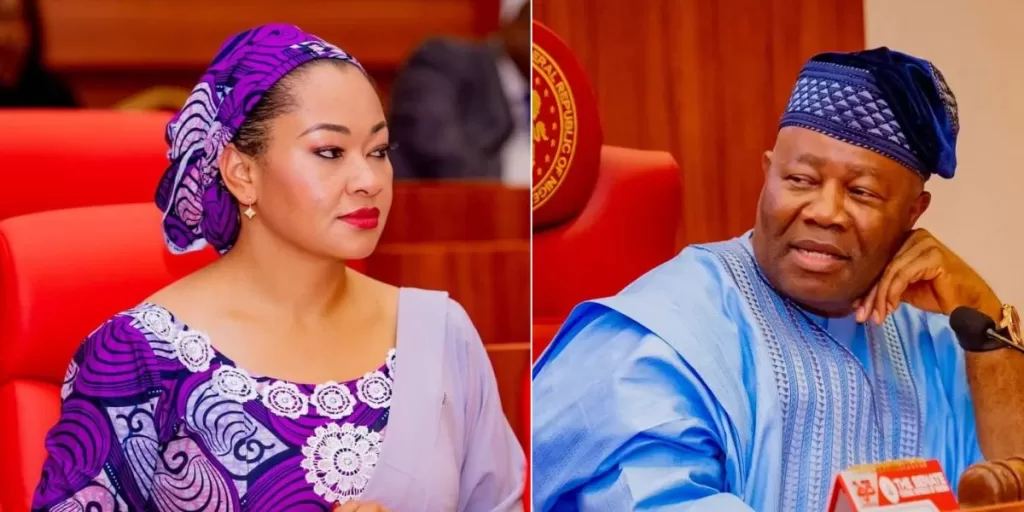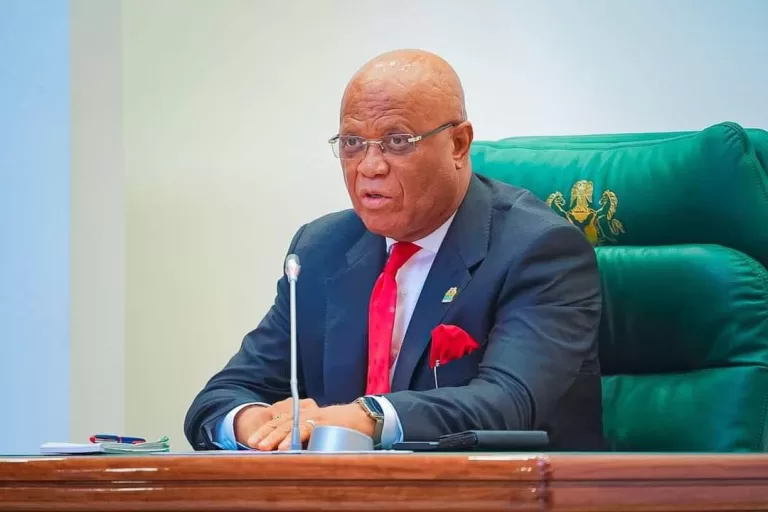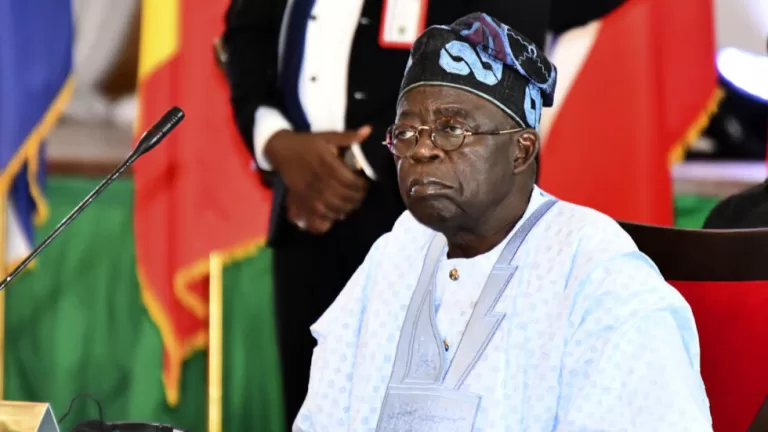
In a bold move that has electrified Nigeria’s political landscape, Senator Natasha Akpoti-Uduaghan (PDP, Kogi Central) has issued a blistering, satirical “apology” to Senate President Godswill Akpabio – reigniting national debate on gender dynamics, power structures, and accountability within the country’s legislative chambers.
In a letter laced with biting irony, Senator Akpoti-Uduaghan mockingly apologized for the “grievous crime” of maintaining her dignity and independence in a political environment she suggests is steeped in entitlement and systemic sexism.
“It is with the deepest sarcasm and utmost theatrical regret that I tender this apology,” her letter began, setting a tone that left little doubt about her true sentiments. She sharply criticized the culture of compliance demanded of women in politics, writing:
“How remiss of me not to understand that my refusal to indulge your… ‘requests’ was not merely a personal choice but a constitutional violation of certain men’s entitlement.”
Driving her point home, she remarked:
“Please find it in your magnanimous heart – somewhere buried deep beneath layers of entitlement – to forgive this stubborn woman who mistakenly believed that her seat in the Senate was earned through elections, not erections.”
The confrontation between Senator Akpoti-Uduaghan and Senate President Akpabio is the latest chapter in a tense history. Their public fallout dates back to July 2024, when Akpabio rebuked her during a Senate session, comparing her to a nightclub entertainer – a comment widely criticized as sexist and unbecoming of legislative leadership. Though Akpabio later issued a statement claiming no offense was intended, the damage to his reputation among gender rights advocates was significant.
Tensions escalated further in February 2025, when Senator Akpoti-Uduaghan formally accused Akpabio of sexual harassment, citing inappropriate remarks and conduct. Her complaint, however, was dismissed on procedural grounds – a decision many viewed as emblematic of institutional bias against women seeking accountability in Nigerian politics.
Shortly after, she faced a six-month suspension from the Senate over what was officially termed “unparliamentary conduct,” a move widely perceived as retaliatory. Her suspension sparked national outrage, with protests erupting under the rallying cry, “We Are All Natasha”, uniting women’s rights groups, activists, and civil society in calls for greater protection of women in leadership.
While some groups, like the Kogi Patriotic Consultative Assembly, have urged her to apologize and move on, others celebrate her defiance as a necessary challenge to deeply entrenched norms that punish women for asserting themselves in public life.
Senate President Akpabio has firmly denied all allegations, describing them as “baseless and malicious,” and has threatened legal action against Senator Akpoti-Uduaghan for defamation.
Yet with her latest satirical missive, Senator Akpoti-Uduaghan has further cemented her role as a formidable and fearless critic of Nigeria’s political establishment – a woman unafraid to challenge the powerful and expose the subtle and overt injustices woven into the nation’s corridors of power.
As 2025 unfolds, her confrontation with the Senate leadership is fast becoming more than a personal battle; it is shaping into a pivotal test of Nigeria’s commitment to gender equity, free speech, and democratic values.





